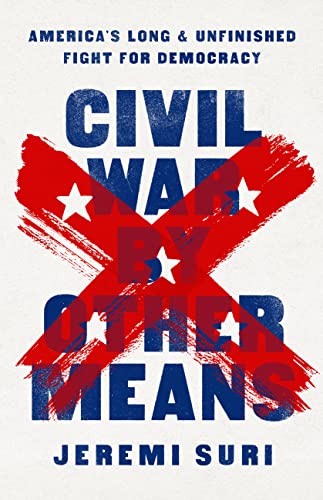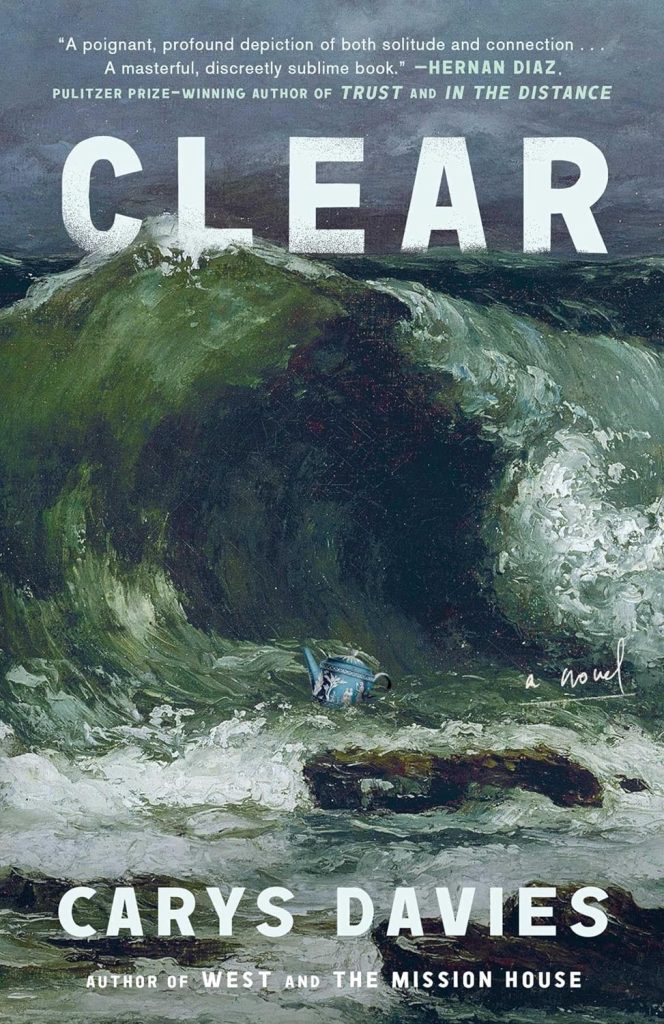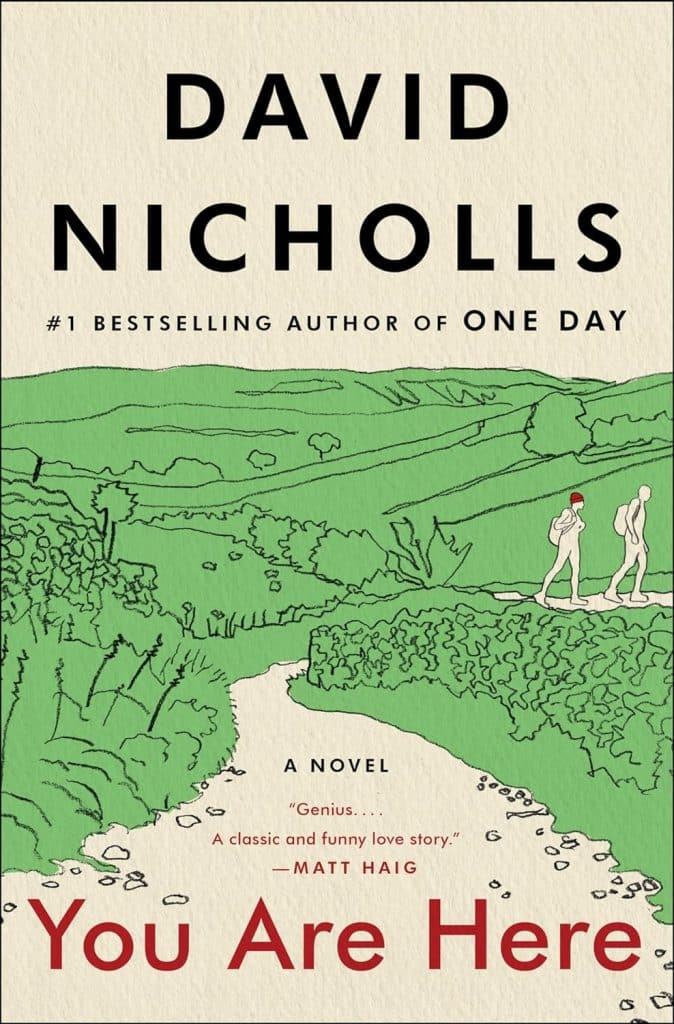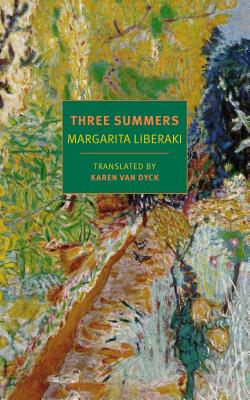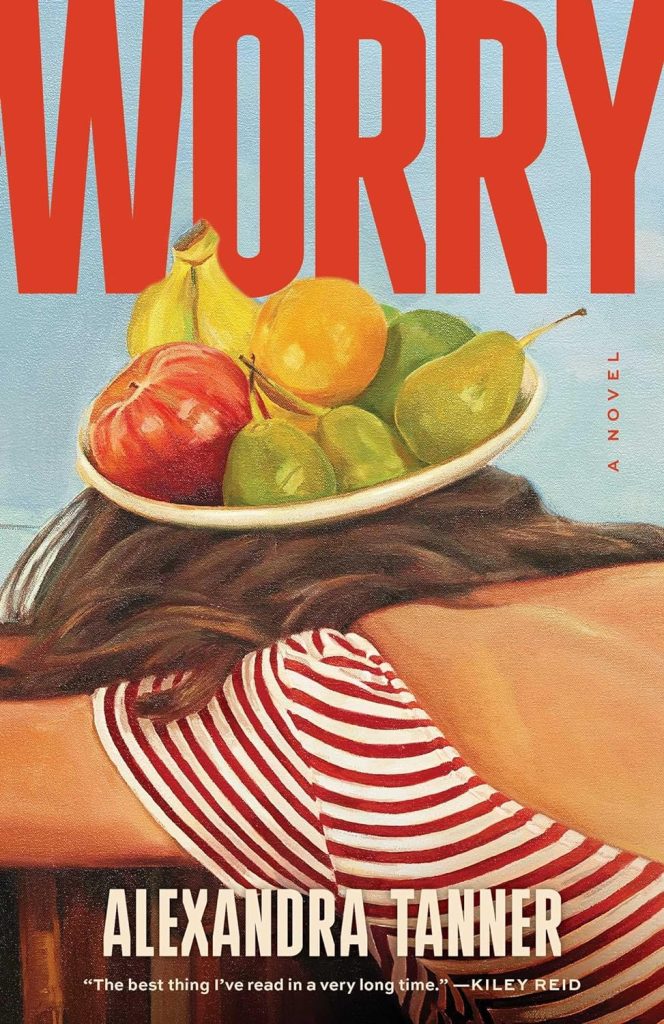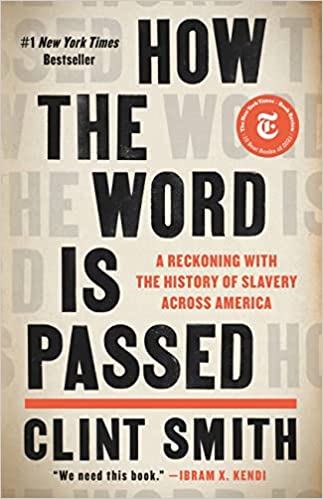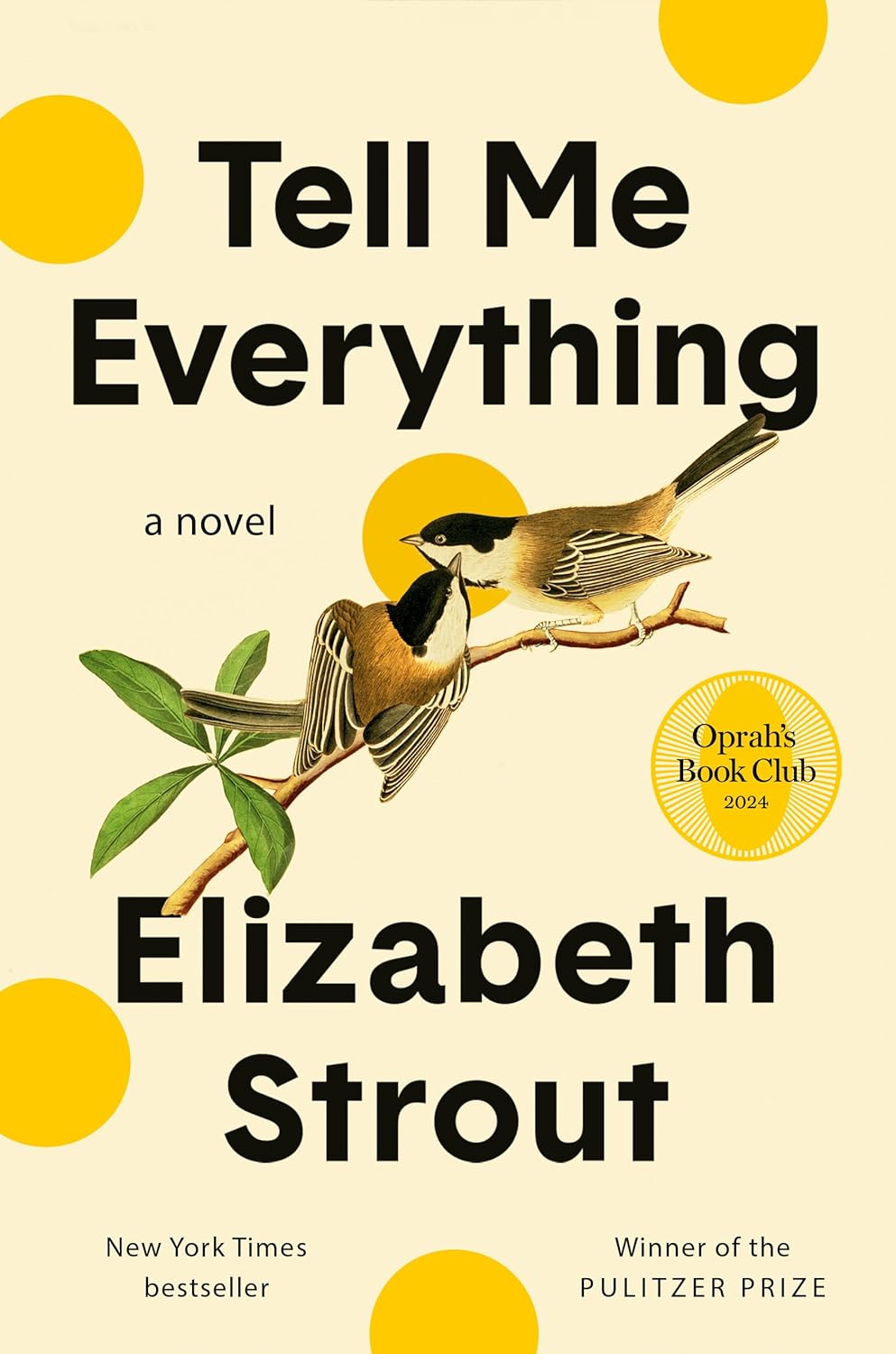
Tell Me Everything: A Novel
Estimated reading time: 1 minute, 30 secondsToday, I dived into “Tell Me Everything: A Novel” by Elizabeth Strout, and I’m already captivated. This book made it onto NPR’s best books list for 2024 and caught the eye of Oprah’s Book Club—no small feat! Strout writes with such empathy and emotional depth that it reflects her incredible talent. Lucy beautifully captures this sentiment by stating, “Love comes in many different forms, but it is always love.”
With her profound understanding of the human condition and silences that convey deep emotions, Elizabeth Strout returns to the town of Crosby, Maine, reuniting with her beloved characters—Lucy Barton, Olive Kitteridge, Bob Burgess, and others—as they confront a shocking crime, navigate love while choosing to remain apart, and ponder the question, as Lucy Barton puts it, “What does anyone’s life mean?”
It’s autumn in Maine, and the town lawyer, Bob Burgess, finds himself entangled in a murder investigation, defending a lonely, isolated man accused of killing his mother. He has also developed a deep and abiding friendship with the acclaimed writer Lucy Barton, who lives nearby in a house by the sea with her ex-husband, William.
Lucy and Bob take walks and discuss their lives, fears, regrets, and what could have been. Meanwhile, Lucy is finally introduced to the iconic Olive Kitteridge, who now resides in a retirement community on the outskirts of town. They spend afternoons in Olive’s apartment, sharing stories about people they have known—what Olive calls “unrecorded lives,” which reanimate their experiences and imbue their lives with meaning.
When you purchase a book through one of my links, I earn a small commission that helps support my passion for reading. This contribution allows me to buy even more books to share with you, creating an incredible cycle of discovering great reads together! Your support truly makes a difference!


